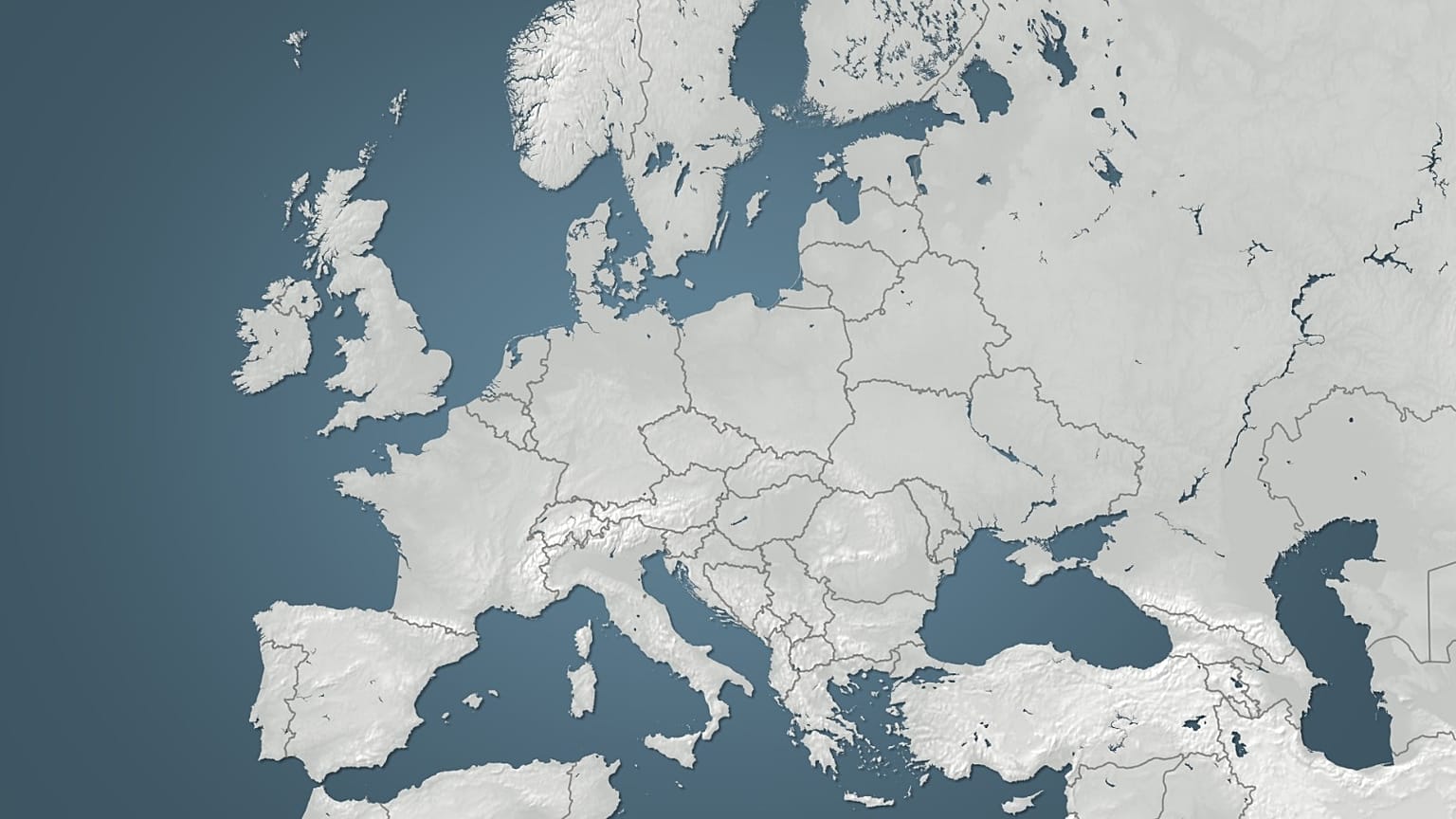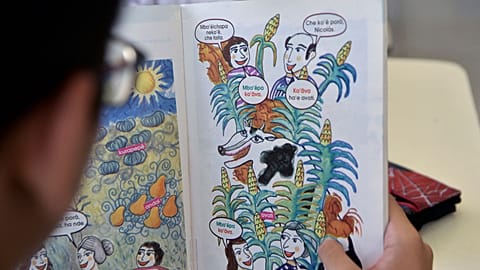Tuesday is International Mother Language Day. In Europe, more than half the population speaks at least two languages, but not all countries are equally-gifted.
February 21 marks the United Nations’ International Mother Language Day, celebrating cultural diversity and multilingualism.
It got Euronews Culture wondering: What countries are the best at speaking more than one language?
Overall, Europeans are pretty good at languages: about 65 per cent of the continent’s population can speak at least one language other than their native tongue. As a comparison, only about 20 per cent of adults in the US are able to.
There are significant variations among regions. Nordic countries excel at bilingualism, while Southern Europe struggles a bit more. Perhaps unsurprisingly, countries where English is the native language don't appear to be interested in learning a foreign one, with only 50 per cent of Irish people speaking another language, and the worst score in Europe being attributed to the UK, at a slim 34 per cent.
How do people become bilingual (or multilingual)?
Being fluent in several languages is a skill often praised in the professional world (it is for sure in the Euronews Tower of Babel!). It is also a great way to learn about different cultures and be able to communicate with people from all around the world.
There are two main ways people become bilingual: either by being born into a bilingual family, or learning a second language at school – or even later in life, when travelling for instance.
What specialists agree on is that the earlier one learns a second language, the easier it is to master it. There are two main techniques recommended by language development experts for parents:
The first one is to teach the minority language at home. For instance, take two German parents raising their children in Sweden. They would only speak German at home, and will let their kids become fluent in Swedish by being exposed to the language everywhere outside their house.
The other common technique is called ‘one person-one language’. Let’s take a Polish mom and a Slovakian dad raising a child together in Hungary. The mother will only speak Polish to the child, and the father only Slovak. Most of the time in such situations, the parents will have another language to address each other, either the language of the country they live in, English, or one of the partners’ languages.
You may have heard the axiom ‘bilingual kids have a speech delay'. Well, it is partially true: Children learning two languages (or more) from birth acquire the same amount of total vocabulary as their monolingual peers at the same age, but the number of words they know are divided into two languages.
When speaking just one, they can appear to be lacking what is considered to be a normal amount of vocabulary for their age, which would be the case if they only knew one language. This disparity rapidly fades as the child continues to grow.



















